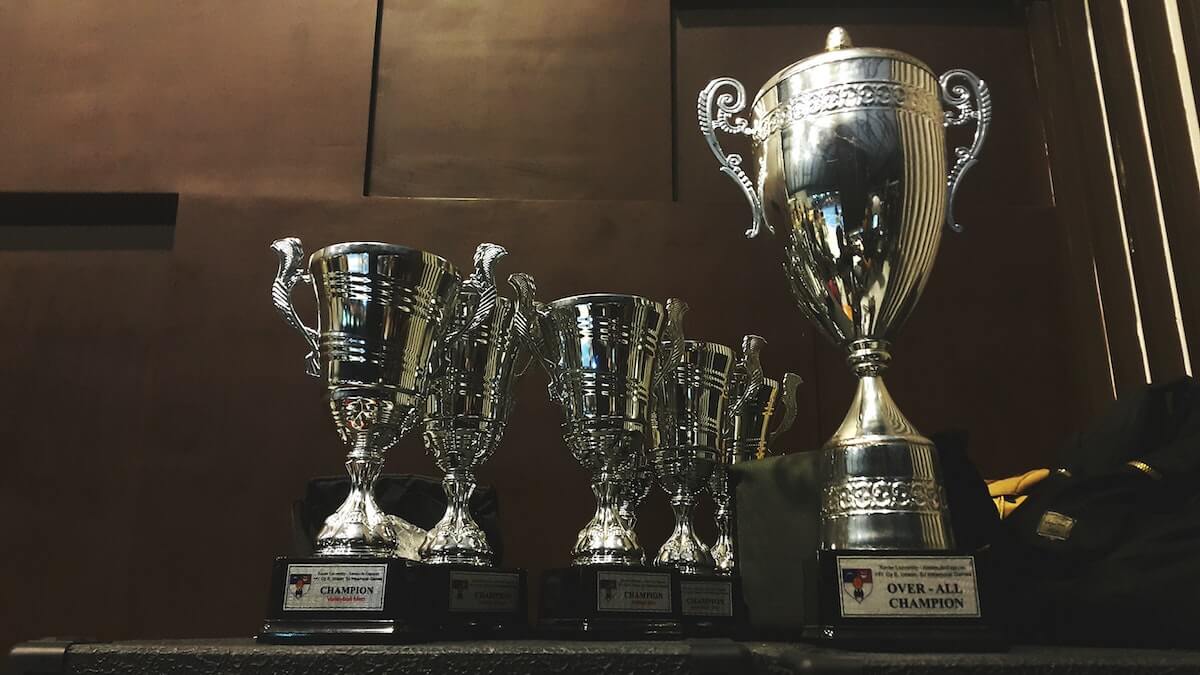The Vanier CGS (Canada Graduate Scholarships) program was originally launched in 2008 by the Government of Canada. It is valued at $50,000 per year. In addition, up to 166 scholarships are awarded annually and are distributed between these federal granting agencies:
- CIHR – Canadian Institutes of Health Research
- NSERC – Natural Sciences and Engineering Research Council
- SSHRC – Social Sciences and Humanities Research Council
Vanier CGS scholarship winners also demonstrate high scholarly achievement and leadership skills in graduate studies within these areas of research:
- Health
- Social Sciences and Humanities
- Natural Sciences and/or Engineering
Now let’s spotlight a few Vanier CGS 2021 winners!
Isobel DeMont – Environmental Engineering

“There are three primary ways in which I hope to be impactful with my research. First, I want to help utilities in Atlantic Canada upgrade and redesign their drinking water treatment plants so they can continue to provide clean and safe drinking water to their consumers. Secondly, I hope to advance the understanding of and promote the use of more environmentally friendly drinking water treatment technologies. The specific advanced oxidation process I will be investigating (ultraviolet light-emitting diodes and chlorine) is more environmentally conscious than conventional ultraviolet lamps as they eliminate the use of mercury, which is an environmental pollutant. Additionally, the electrical efficiencies of ultraviolet light-emitting diodes are expected to surpass those of mercury-based lamps. Finally, I hope my research will emphasize the importance of considering the effects of climate change in drinking water treatment plant design. To design sustainable and long-lasting water treatment plants, the implemented technologies must be adaptable to the impacts of climate change.”
Olivia Ghosh-Swaby – Neuroscience

“With two-thirds of the adult Canadian population obese or overweight, obesity is a public health crisis. Excess weight and poor “western” diets increase the risk of dementia more than three-fold. Obesity affects brain functions by reducing the amount of stem cells residing in the hippocampus, a region vital for memory and mood regulation. The number of these stem cells declines with age and in neurodegenerative diseases… Using high-fat, high-sugar diets in mice and cognitive tasks that parallel human clinical tests, Ghosh-Swaby will investigate whether exercise and anti-diabetic drugs can reverse the negative effects of dietary obesity on the brain. This research will pave the way for enhancing brain health in the population and novel therapeutic approaches for cognitive impairment.”
Elmond Bandauko – Geography and Environment

“Bandauko is investigating how urban governance impacts street traders’ lived experiences and their access to public space in Harare. He is analyzing the strategies traders use to negotiate that access and claim those spaces as their ‘right to the city,’ and exploring the gendered implications of appropriation of urban space. Bandauko hopes his findings will help inform the design of pro-poor urban policies in African cities, and support Canada’s international development priorities as articulated in the Feminist International Assistance Policy (2017), which seeks to improve the livelihoods of vulnerable groups, including women.”
Sarah Nersesian – Microbiology and Immunology

“In the immune system, natural killer (NK) cells are an essential component that can identify and kill cancer cells. However, we don’t yet understand how NK cells interact with ovarian tumours and how this impacts response to therapy. We think that the characteristics of NK cells will make them ideal as immunotherapies, but these ideas are just now being explored. My doctoral research project aims to answer how NK cells interact with ovarian tumours to inform better treatments for this type of cancer. By understanding the relationship of NK cells with ovarian tumours, I hope to identify new immunotherapies or figure out how to improve the ones that already exist to better treat ovarian cancer patients without the harsh side effects.”
Hamidreza Galavi – Experimental Medicine

“Since the dawn of human history, humans have always sought to have a lasting permanence, and some humans have been successful in a sense, since their achievements have endured long after they have physically departed. I am not an exception to this quest. I am very passionate about cancer research, and I have been very active in this field during the past years with my M.Sc. studies and work as a research technician. In my objective of becoming a prominent scholar, both in research and teaching, I needed to acquire much more knowledge and experience than I have now. Enrolling in a PhD graduate program allows me to acquire the necessary scientific research skills, including how to formulate testable hypotheses, and using relevant tools for conducting original research.”
To see how you can apply for the Vanier CGS, read Tips to Win the Vanier Canada Graduate Scholarship next.

